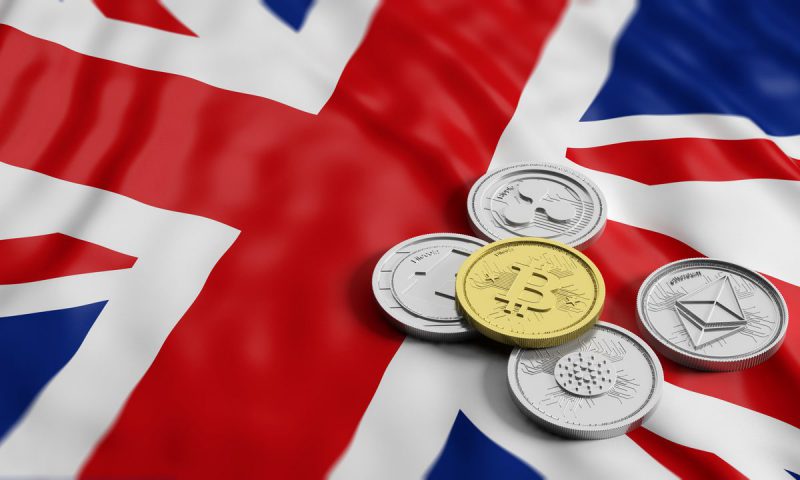In a landmark development, the UK government has introduced a bill clarifying cryptocurrency as one’s personal property. Indeed, the new legislation officially introduced into parliament seeks to reestablish the legal status of crypto, NFTs, and tokenized assets.
A press release from the government notes that the bill will help offer Bitcoin holders “greater legal protections,” through the vital clarification. The new bill is a first for the British government, and is an attempt to keep the European nation “at the forefront of the global tech industry.”
Also Read: UK Government is Set to Establish New Digital Asset Legislation
UK Bill Seeks to Clarify Crypto as Personal Property
Over the last several years, the digital asset sector has grown immensely. The development has seen a host of countries embrace cryptocurrency adoption and the continued growth of the sector. Yet, that has also required nations to establish their own specified regulatory stance on the asset class.
That process has been a continuous one. Yet, it has been crucial with the rapid growth of the currencies and those adopting them. Amid that process, the UK government has officially introduced a bill that clarifies cryptocurrency as personal property. Indeed, the legislation was devised to increase investor’s protection in regard to digital finance options.


Also Read: UK Government Eyes Blockchain for Digitizing Trade Documents
The implementation of the bill will help develop guidelines on how to address crypto in a legal sense. Subsequently, legal protections for holders will only be more thorough. It should be a haven for traders who are affected by fraudulent activity.
The bill will introduce a “things in possession,” category of property. This will include things like vehicles, and funds, but also cover what the government has labeled “things in action.” Its presence will account for debt, shares, and crypto to be considered “things” covered by personal property rights.





